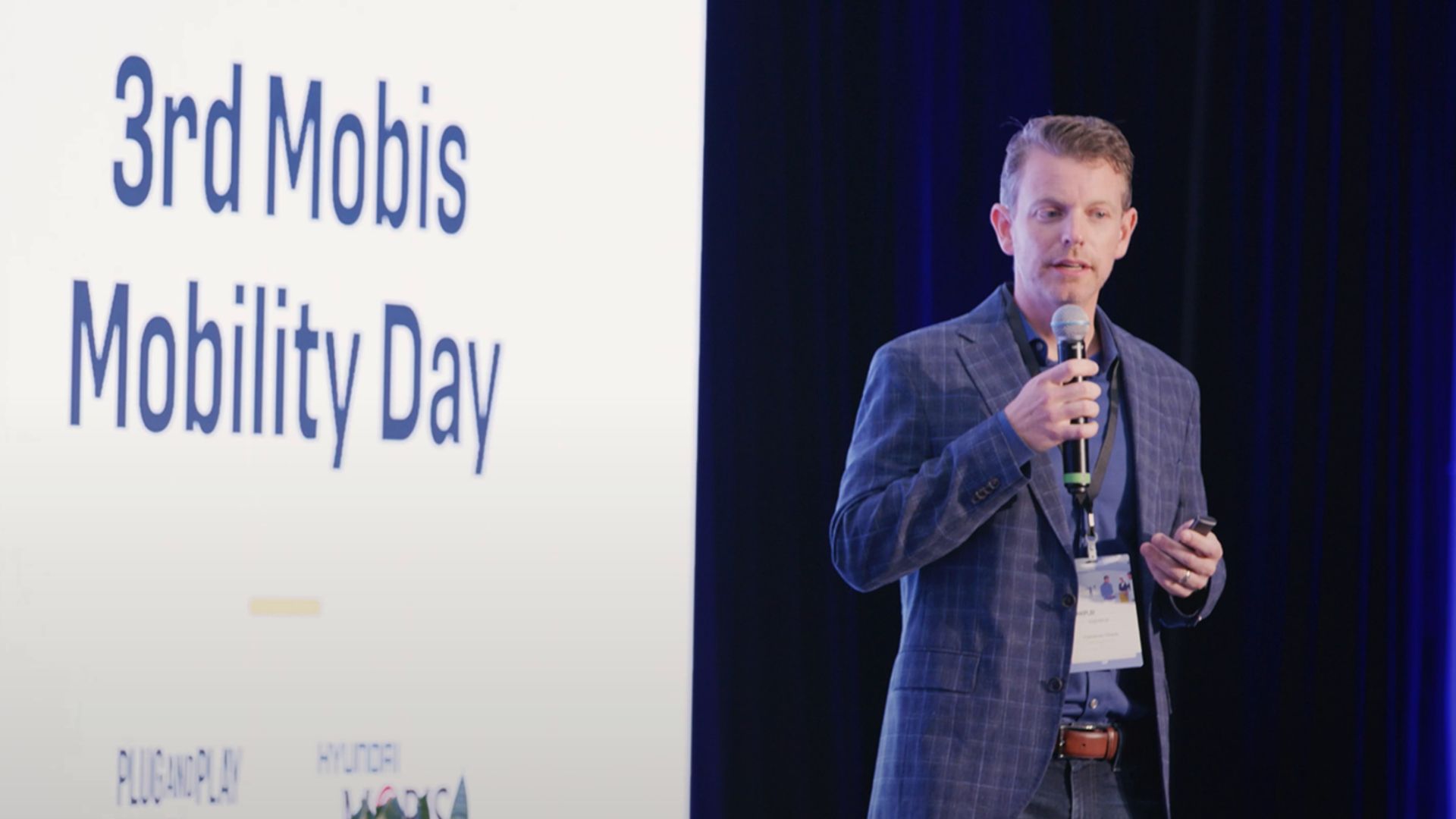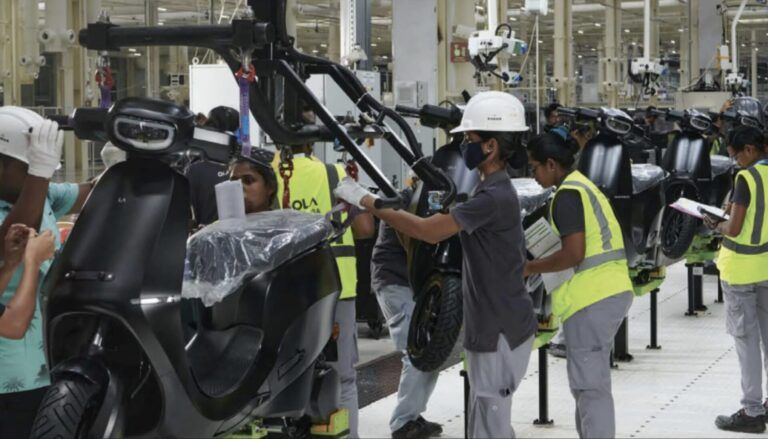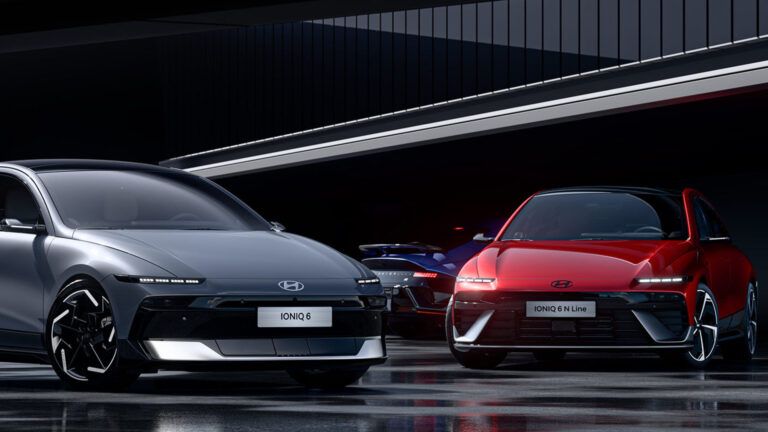Hyundai Mobis has announced its goal to increase investment in EV components and automotive chips for the current year. The company announced it in the third edition of Mobis Mobility Day, hosted in Silicon Valley, USA. During the event, the company discussed its technology and future plans, as per several news reports.
Hyundai Mobis is an arm of the Hyundai Motor Company and a major player in South Korea’s automotive industry. Mitchell Yun, a Mobis Ventures Silicon Valley representative, stated that Mobis plans to allocate 70% of its total investments for this year to EV parts. This marks an increase from the previous allocation of 50%.
Yun also mentioned that the company intends to invest in automotive chips, thus enhancing its semiconductor supply chain.
Moreover, the South Korean company is planning to invest in startups. Nevertheless, Hyundai Mobis decided to decrease its investments in self-driving technologies. Although Mobis may not allocate funds to self-driving tech, Hyundai Motor Group remains committed to advancing autonomous tech in collaboration with Motional. Recently, Hyundai Motor Group injected around $1 billion into Motional for the development of self-driving technology.
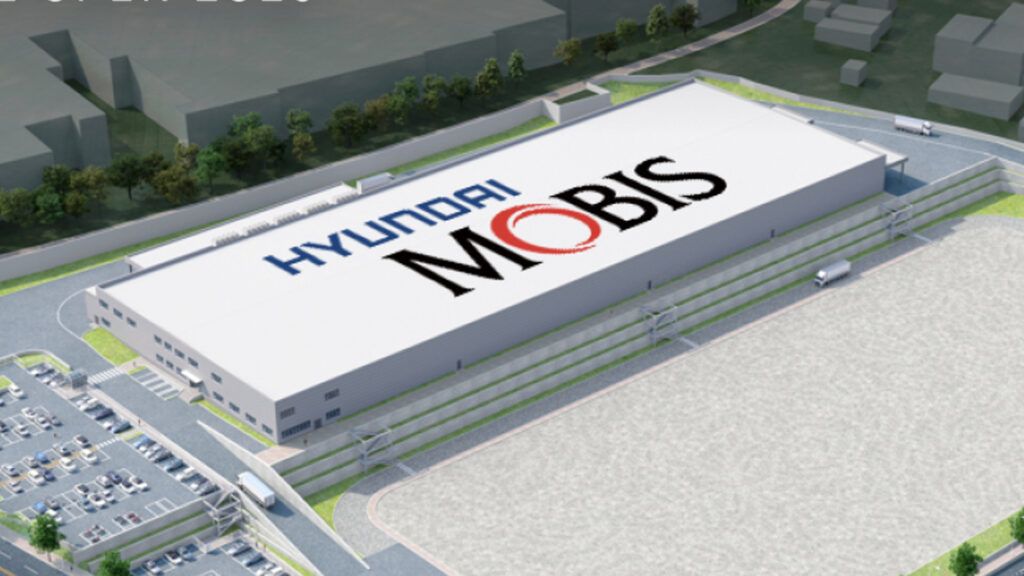
Hyundai Mobis: Ulsan Factory Plans
Hyundai Mobis has entered into a MoU with Ulsan Metropolitan City, Korea, to establish a new facility for electric vehicle modules.
The upcoming facility, scheduled for completion in the latter half of 2025, aims to produce crucial modules for the chassis and cockpit of Genesis EVs.
These encompass elements like suspension, steering, and braking for chassis modules. Cockpit modules consist of features such as infotainment systems and airbags, all tailored for EV platforms.
The newly established Hyundai Mobis plant in Ulsan aims to meet the growing demand in the global electric vehicle (EV) market. At the moment, the company is producing battery systems in China and the Czech Republic, building a BSA factory in Indonesia. In addition, it has commenced operations at a manufacturing facility in Alabama, USA, to supply EV modules to Mercedes-Benz.
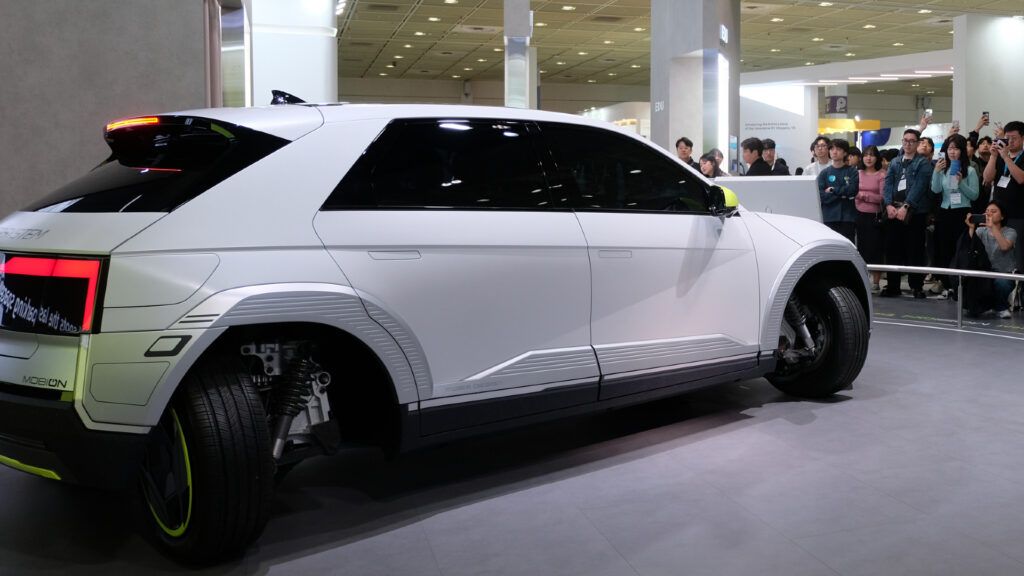
Conclusion
Mitchell Yun admitted to a slowdown in global electric vehicle (EV) demand across the automotive market. However, he believes that the trajectory would shift towards environmentally sustainable vehicles.
Hyundai Motor Group is allocating substantial resources to the advancement of EVs globally, with a particular focus on the United States. Randy Parker, CEO of Hyundai Motor America, recently disclosed that the company is strengthening its commitment to EV investments by increasing them.

